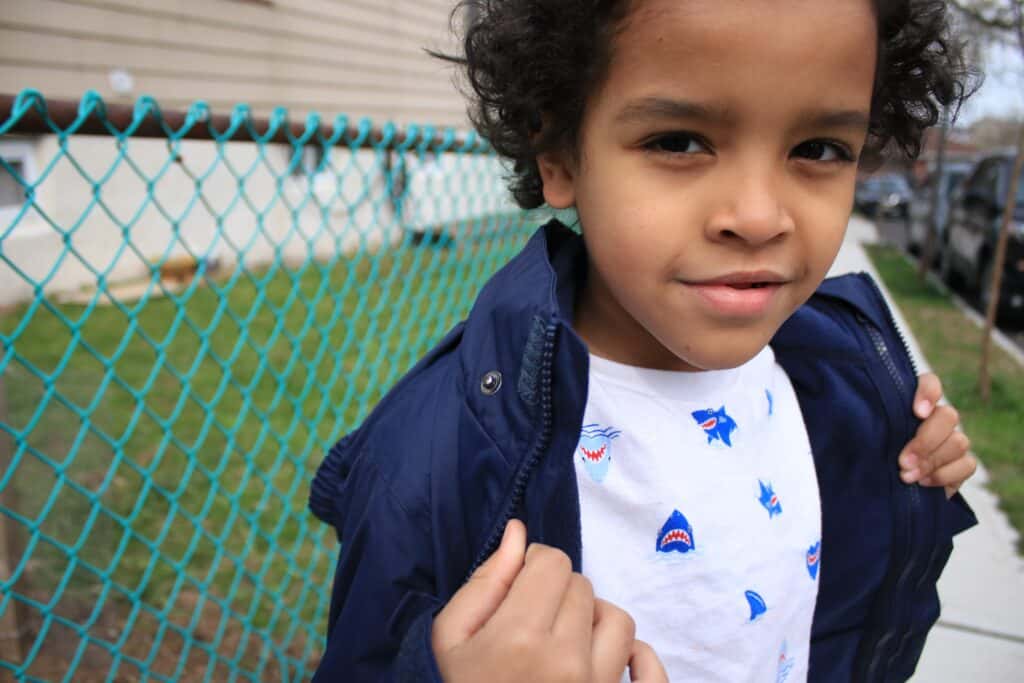Head Lice and Developmental Differences
Head Lice can be an awful situation for anyone. The experience can be traumatic for kids and parents — especially if your child has developmental differences. A child with developmental differences may be distressed with hair brushing, fearful about the creatures, an increased general overall discomfort.
At Lice Clinics 805, we can and would love to help! One of our technicians, Ana, is a Registered Behavior Technician who can personalize your child’s treatment.

We’re here to help! Call (805) 334-0951 x1
A Registered Behavior Technician (RBT) uses Applied Behavior Analysis (ABA) with individual clients to increase behaviors that are helpful and decrease behaviors that are harmful or affect learning. ABA uses positive reinforcement to help individuals on the Autism Spectrum to:
- Increase language and communication skills
- Improve attention, focus, social skills, memory and academics
- Decrease problem behaviors
ABA can be applied in various situations and settings. In our case, Ana utilizes her skills to help developmentally different children and their families to respectfully develop a plan that addresses their wants and needs when it comes to their head lice treatment.
Our clinic specialist is able to offer personalized treatments for individuals with specific special needs such as Autism Spectrum Disorder. We can ensure minimum stimuli and respect for sensitivities that can make an over-the-counter home lice treatment a true nightmare! We understand some children need us to accommodate their needs in order to make a treatment possible so that the current lice infestation is not just controlled, but eradicated! We have experience adjusting our environment to best serve our clients so that they suffer minimum stress and anxiety.
Learn more about Ana’s background
“I have described myself as a humanistically trained behaviorist in the past. I have a background as a teacher in a private school with a humanistic approach to teaching. Play Mountain Place meets children where they are in their development without pushing them into a situation they are not ready for. Learning happens organically with materials, play and curriculum presented to the children throughout the day, but it is never compulsive. A social-emotional emphasis creates a problem solving culture for the children in which conflict resolution leads to empathetic, creative, compassionate solutions to everyday problems. I did have extensive training over two years to fully understand the role of a teacher in supporting this type of learning both for the children and their parents. I spent a total of 12 years working there and it remains a very special place in my heart and life.
“I am a trained Therapeutic Behavior Services Specialist (TBS) as well. My background and work in child development made me eligible to work in this specific field. TBS was created after a lawsuit was brought against the state by a child hospitalized in a mental health facility who needed extensive support in order to be released and there was no program or coverage for it at that time.
“I trained at San Fernando Valley Mental Health Center and spent eight years working with families who were at risk for losing their child(ren) due to extreme behaviors. I would meet the family and work in tandem as part of their mental health team. My primary goal was always to bring some normalcy by enforcing a home routine through the use of a home schedule, identifying and enforcing house rules, a reward program, and strengthening parenting skills to minimize unwanted behaviors. We had continuous workshops meant to further train and strengthen skills we constantly employed with families. These included human psychological development, positive reinforcement, evidence based strategies, and ethics. I also had a clinical supervisor who kept a record and advised on how to best proceed with treatment.
“The most recent training, I had that pertains to our head lice business, is for Registered Behavior Technician. I have been trained in Applied Behavioral Analysis principles to help children with neurological differences to minimize unwanted behaviors through positive reinforcement. RBT requirements include 40 unit hours over a two-week training period before shadowing an RBT for practicum. The unit hours cover subjects such as history of autism, positive reinforcement, ethics and legal responsibilities, and even appropriate restraint training in order to stay safe if a client were at all violent.
I am dedicated to helping you make this the best experience with a tough situation.”
